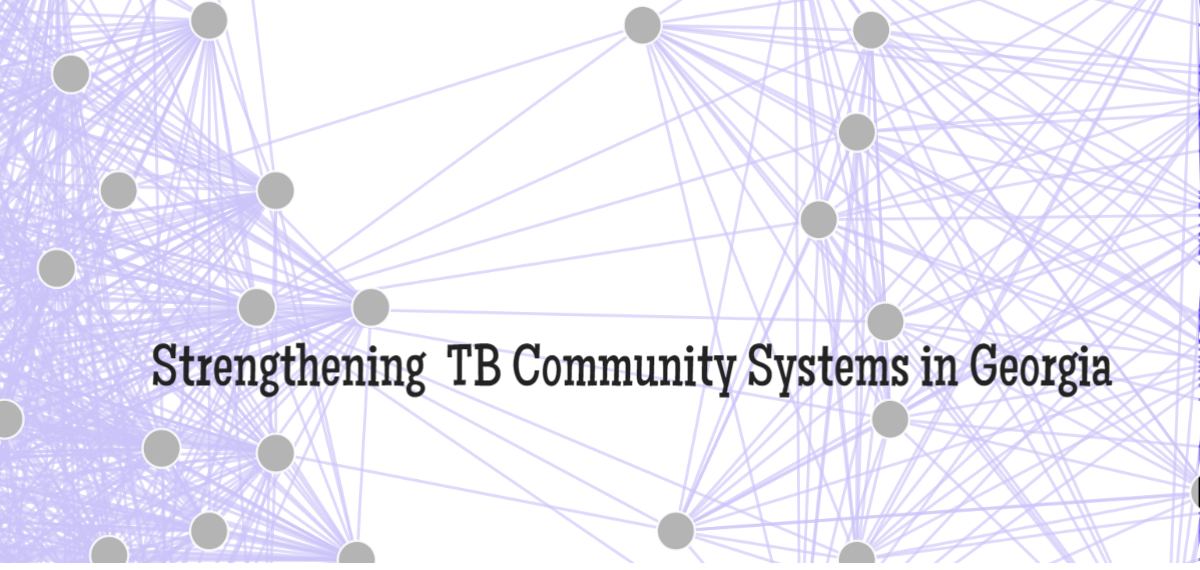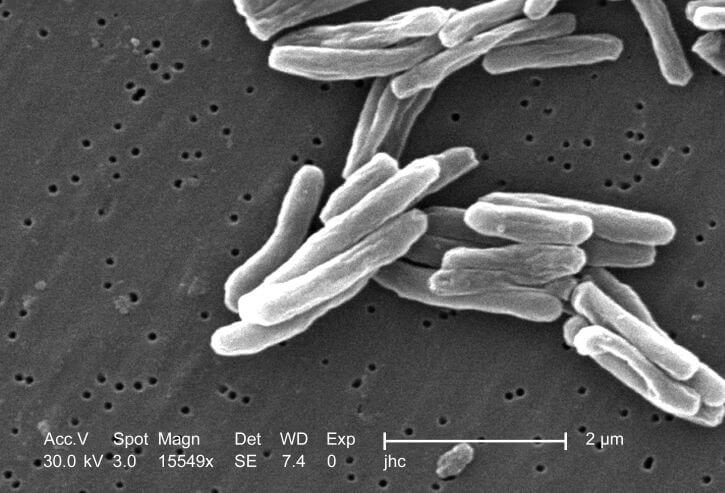Curatio International Foundation together with BEMONI PUBLIC UNION (BPU) represented BioBehavior Surveillance Survey results to the Members of Parliament of Georgia.
The study was conducted in seven major cities of Georgia (Tbilisi, Gori, Telavi, Zugdidi, Batumi, Kutaisi and Rustavi) with a sample of 2037 injecting drug users 18 years and older. The current study describes the most recent wave of Bio-BBS surveys among PWIDs in Georgia (Bio-BBS surveys among PWIDs have been undertaken since 2002). The study was funded by the Global Fund to fight AIDS, Tuberculosis and Malaria (GFATM).
Study Findings
Socio-demographic characteristics
- The median age of initiating non-injection drug consumption and injection drug use has not changed since 2012 and equals 15-16 years and 18-20 years, respectively.
Drug Scene and other contextual factors
- Non-injecting drugs consumption did not demonstrate major changes since 2012. CNS depressants and hallucinogens were reported as the most popular drugs for consumption with a slight decrease observed since 2012. About a quarter of young PWID who reported non-injection drug use mentioned use of new psychoactive drugs.
- Injected drug scene has significantly changed during last years. Heroin is the most misused substance among drug users in Georgia followed by buprenorphine. Alternatively, lower proportion of PWID reported use of homemade opioid-type drugs like Desomorphine and Amphetamine type stimulants (so cold “Vint” and “Jeff”) compared to 2012. Thirty-five percent of the survey participants are active opioid-dependent.
- Injection in other countries has dramatically grown across all survey locations and this trend is notable since 2009. HIV risk behaviors increase while abroad, as exhibited by the four-fold increase in rates of sharing injection equipment in other countries compared to Georgia.
HIV knowledge and HIV testing practice
- Knowledge of HIV/AIDS among PWID remains relatively good. The majority is aware of primary transmission risks associated with injection and sexual behavior.
- There is significant increase in proportion of PWID who were tested during last 12 months and know their results. Increase is observed across all cities. In general one in four injecting drug user has been recently tested on HIV.
Sexual behavior
- High risk sexual behavior remains one of the major problems among PWIDs.
- Although, more drug injectors have safe sexual contacts with occasional partners than in previous years, but in Kutaisi, Batumi and Rustavi, however, protective behavior remains at alarmingly low levels and needs special attention.
Access to and coverage of treatment and harm reduction interventions
- The majority of PWIDs have never accessed drug treatment facilities. Only 6% underwent or was still under any kind of treatment.
- Coverage of preventive programs (minimal coverage) defined as knowing where to get an HIV test and receiving at least one of the following program commodities: sterile injecting equipment, condom, brochure/leaflet/booklet on HIV/AIDS, and qualified information on HIV has increased from 24% to 32.4% since 2012.
- While awareness about syringe exchange programs has improved in Telavi, Batumi, and Zugdidi, in general, knowledge about the program remains low and needs to be improved. Substitution therapy programs are much more well-known among PWID.
HIV and HICV prevalence
- The combined dataset analysis of all seven cities shows that HIV prevalence is 2.2% (95% CI 1.53-2.99) with no change since 2012 when HIV prevalence was 3.0 (95% CI 2.20-4.04). An estimate for PWID living with HIV varies from the lowest 0.9% (95%CI, 0%-4.3%) in Rustavi to the highest 4.8% in Zugdidi (95%CI, 0.2%-11%). Batumi and Zugdidi remain the cities with highest HIV prevalence rates.
- The study revealed alarmingly high HCV prevalence (66.2% – in all seven cities).
Presentation is avalable in Georgian.
 We are glad to announce that Curatio International Foundation has been selected to be Round 7 Challenge Facility for Civil Society (CFCS) grantee under the Stop TB partnership financial support.
We are glad to announce that Curatio International Foundation has been selected to be Round 7 Challenge Facility for Civil Society (CFCS) grantee under the Stop TB partnership financial support.
 We offer four different research directions for this summer:
We offer four different research directions for this summer: “We view these evaluations as particularly important to help inform how we can better help countries transition away from Gavi support in the future and to provide lessons learned and recommendations that could inform Gavi’s Graduation Policy going forward.” –
“We view these evaluations as particularly important to help inform how we can better help countries transition away from Gavi support in the future and to provide lessons learned and recommendations that could inform Gavi’s Graduation Policy going forward.” –